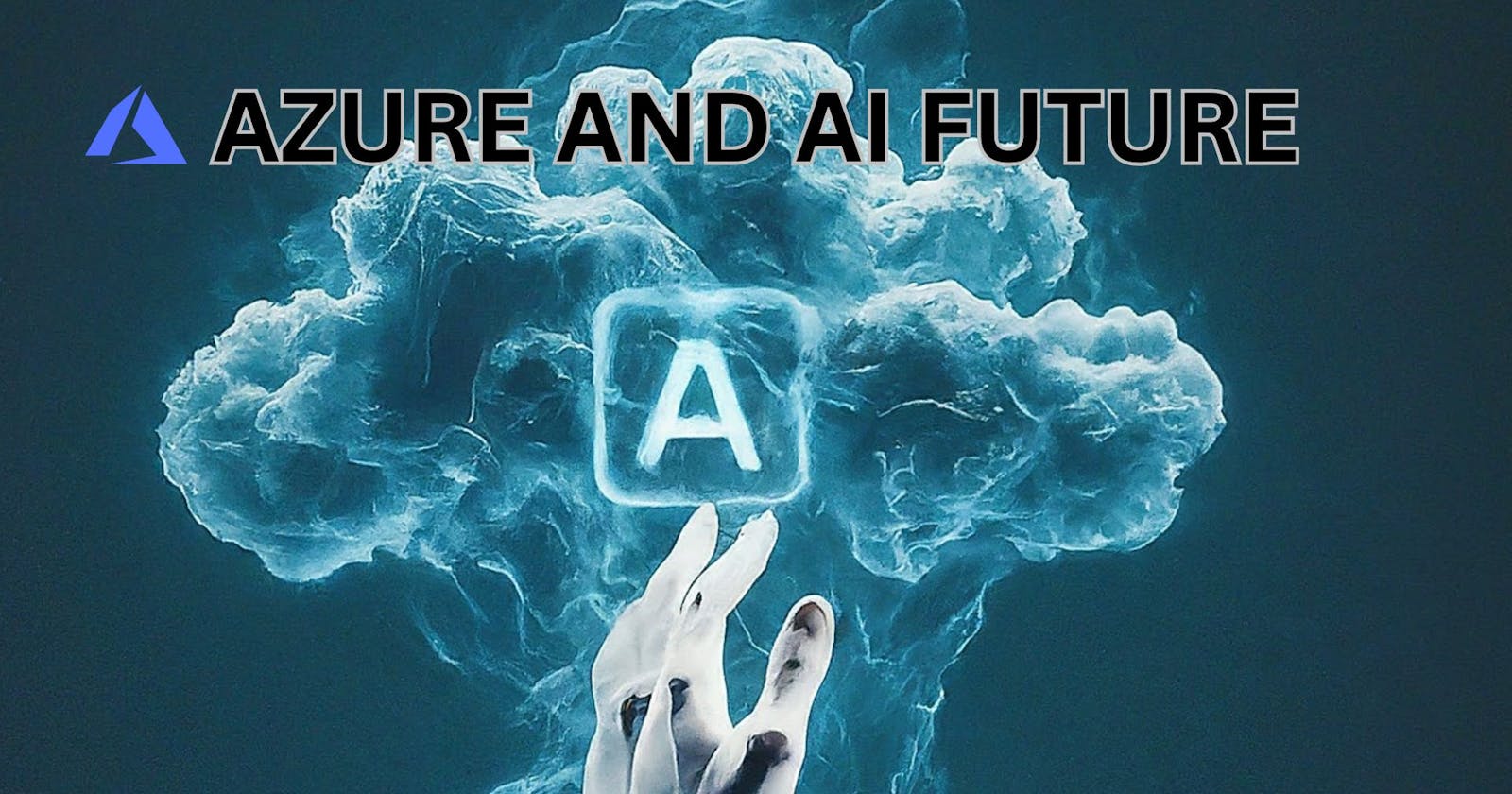How Azure Cloud is preparing for an AI-first Future
Understand how Microsoft is paving way to make Azure the first choice of AI companies.
Table of contents
In the early years of AI, Google and Microsoft led the way in research and product development. They were far ahead of their competitors with early AI products like classification APIs and vision APIs.
However, the emergence of Large Language Models (LLMs) caught both Google and Microsoft by surprise. Google developed its own solution, Gemini, while Microsoft chose to partner with external LLM companies like OpenAI and Perplexity.
Among the three major cloud service providers—Amazon, Microsoft, and Google—Microsoft demonstrated a more strategic approach by quickly developing AI services that others could easily use and deploy.
While Amazon AWS is the overall leader in cloud services, Microsoft has deep integrations with the world's largest companies and governments. This gives Microsoft a unique advantage in rapidly deploying AI in these sectors.
Let us see what all unique AI focused benefits Microsoft Azure Cloud provides today.
Azure hardware
Specialized Hardware: Azure provides a variety of powerful computing choices designed for AI tasks, such as GPUs (Graphical Processing Units) and FPGAs (Field Programmable Gate Arrays). These options help speed up the training and operation of complex AI models.
Scale and Performance: Azure's vast global infrastructure supports horizontal scaling (adding more compute nodes) and vertical scaling (boosting the power of individual nodes). This flexibility is essential for managing the most challenging AI projects.
High-Speed Interconnects: Azure's networking infrastructure is built for low latency and high bandwidth, ensuring efficient communication between multiple compute nodes. This is crucial for distributed AI training and inference.
While the hardware helps AI companies build new models, vast majority of companies are not trying to train new models but just deploy existing fine tuned models. For them Azure has a different set of services.
AI-Optimized Services
Cognitive Services: Azure provides pre-built AI building blocks for common tasks like:
Computer vision (image analysis, object recognition)
Speech recognition and synthesis
Natural language processing
Search and knowledge mining
Machine Learning Tools: Azure offers a comprehensive suite of tools and environments for developing, deploying, and managing custom machine learning models:
Azure Machine Learning (a fully managed environment for ML development)
Azure Databricks ( for data analytics and collaborative ML)
Popular frameworks (TensorFlow, PyTorch, Scikit-learn)
MLOps Integration: Azure simplifies the transition of AI models from development to production by offering integrated MLOps (Machine Learning Operations) features. These features cover model monitoring, retraining, and continuous deployment.
Tailored AI: Azure offers pre-built AI solutions and accelerators for industries like healthcare, manufacturing, retail, and finance. This simplifies the use of AI for organizations within these sectors. This allows organizations to build an AI strategy for their business without having deep domain knowledge themselves.
Conclusion
Azure's ongoing investment in AI research, expanding infrastructure, and the creation of easy-to-use tools show that it is ready to lead the way into the AI-first era. This commitment makes Azure an attractive option for businesses and developers looking to embrace AI and foster innovation across different industries.
References:
